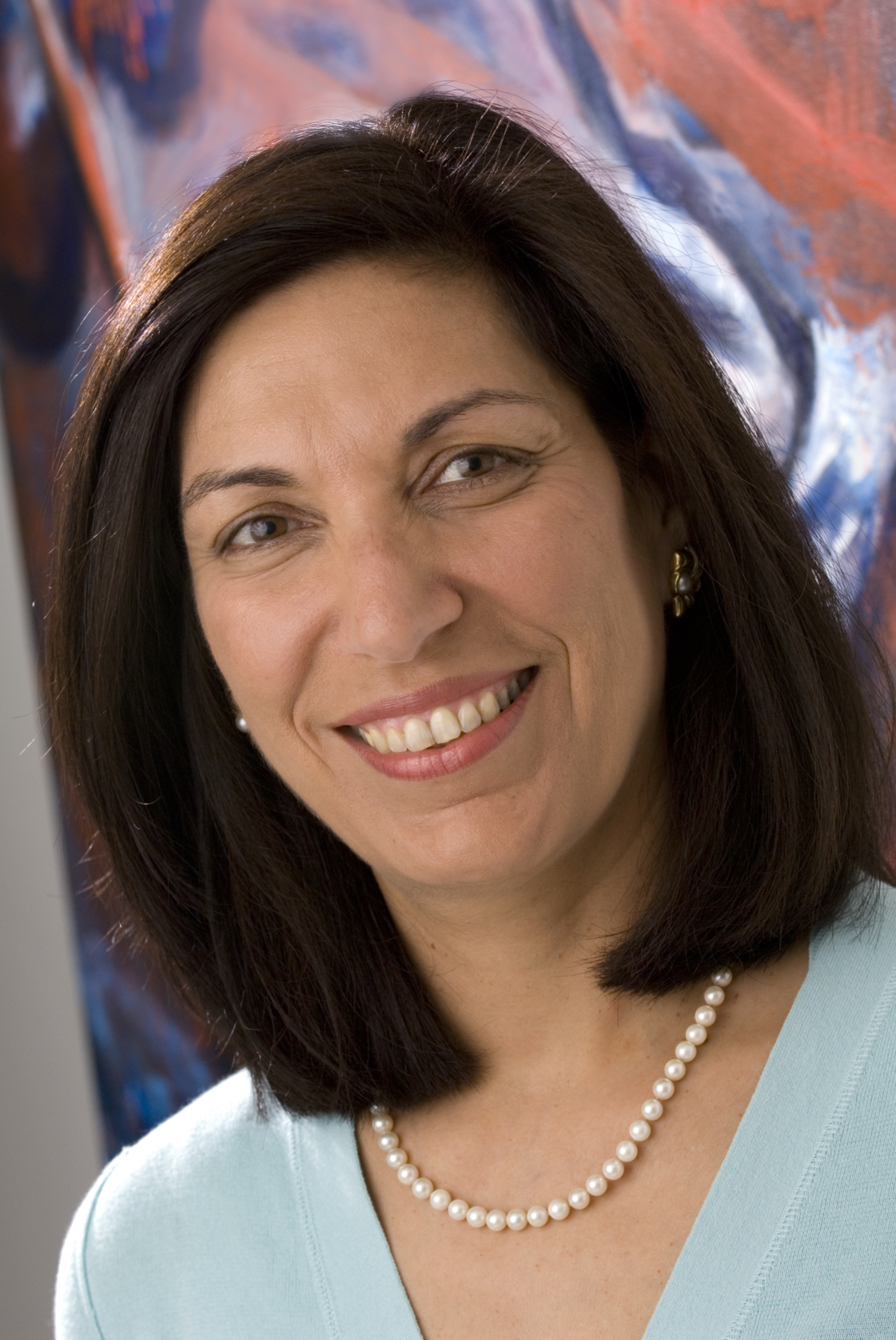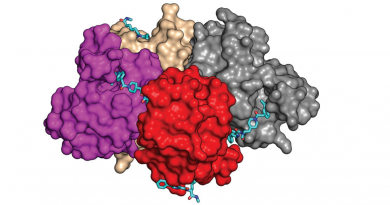Medical student-mentor teams in research: Dr. Richard Bui and mentor Dr. Chase McNeil share their experience with SOAR
In this feature series, From the Labs met with medical students and their mentors in research. This interview highlights Dr. Richard Bui and Dr. Chase McNeil as they share their student-mentor experiences that emerged thanks to Baylor College of Medicine’s Student Opportunities for Advancement in Research (SOAR) program and how it has shaped their careers.
Bui was a medical student while he was working with McNeil on a clinical research project. McNeil is an associate professor of pediatrics in the Division of Infectious Diseases at Baylor College of Medicine and an attending physician in pediatric infectious diseases at Texas Children’s Hospital.
Bui, a Baylor College of Medicine class of 2024 graduate, is currently a first-year anesthesiology resident at Baylor.

From the Labs: Dr. Bui, why are you interested in research?
Bui: Research spans a broad spectrum, from foundational lab work to clinical application. Experiencing this continuum has been invaluable, giving me a better understanding of how innovations can evolve from concept to clinical impact. I gained basic science research experience as an undergraduate, focusing on how certain plants resist fungal infection, but I wanted to pursue more clinically based research while in medical school.
FTL: Why did you choose to work with Dr. McNeil in clinical research?
Bui: I joined the SOAR program, because, among other opportunities for medical students, it has developed a database of research projects offered by Baylor faculty. Dr. McNeil’s lab at Texas Children’s Hospital offered a project that was an ideal choice for me due to its unique integration of clinical and molecular research. The team was investigating both the clinical utility of echocardiography in children with Staphylococcus aureus bacteremia (bacteria in the blood) and the molecular characterization of the bacteria, allowing for a comprehensive approach to infectious disease research. Echocardiography is a noninvasive procedure that uses sound waves to create pictures of the heart and nearby blood vessels.
FTL: What did you expect to gain from this experience?
Bui: I aimed to deepen my understanding of diagnostic protocols and the scientific principles behind clinical decisions. Knowing the science behind testing and treatment decisions enhances clinical insight, leading to more informed and effective patient care.
FTL: Congratulations, your research culminated with a paper published in the Journal of the Pediatric Infectious Diseases Society! Tell us about your project.
Bui: This project evaluated whether routine echocardiography is necessary for diagnosing infective endocarditis (IE) in children with Staphylococcus aureus bacteremia (SAB).
We found that IE is rare among healthy pediatric patients with SAB but occurs more often in those with congenital heart disease or prolonged bacteremia. By recommending echocardiograms only for children with these risk factors, we could reduce unnecessary procedures and healthcare costs, supporting a more targeted approach to managing pediatric SAB.
FTL: How was your experience conducting this research?
Bui: It’s been a tremendous learning experience. Writing a scientific manuscript was new to me, and I developed my scientific writing and collaboration skills significantly. An important milestone was having a first-author publication. Having the combination of a supportive environment and expert mentors made it possible to produce a high-quality project.
FTL: How did your mentor help you navigate this experience?
Bui: Dr. McNeil, along with Dr. Jesus Vallejo and Dr. Sheldon Kaplan, provided invaluable guidance throughout the project. Their ongoing support and willingness to answer questions at every stage were crucial in helping me achieve my research goals.
FTL: Has this research work opened unexpected possibilities for your professional development?
Bui: Presenting our findings at the Infectious Disease Society of America conference in 2023 was another significant milestone. It exposed me to new diagnostic algorithms and innovations in infectious diseases, expanding my network and professional insights in ways I hadn’t anticipated.
FTL: What are your thoughts on the SOAR program?
Bui: SOAR provided me with connections to outstanding researchers and mentors, many of whom I continue to stay in touch with even after graduation. I would highly recommend SOAR to other medical students to explore topics beyond their usual interests and potentially outside their desired specialty. This broadens perspectives and fosters connections that enrich both academic and professional development.

FTL: Dr. McNeil, tell us about your research interests.
McNeil: My work focuses on the clinical and molecular epidemiology of gram-positive disease-causing bacteria in children, particularly staphylococci and streptococci. In addition, our group examines the clinical outcomes of such infections. We investigate disease trends and address timely clinical questions through a combination of epidemiologic, microbiologic and clinical research approaches with a goal of informing clinical practice.
FTL: Why did you decide to work with SOAR students?
McNeil: During my postdoctoral infectious diseases fellowship at Baylor, my mentors ‘assigned’ me a student to aid in projects. While at the time as a fellow I felt completely unqualified to mentor anyone, I quickly learned what a mutually beneficial experience this can be. I now realize that my own mentors were trying to teach me how to be a mentor. Since then, I have always been open to working with trainees on research projects. Essentially all the faculty members who conduct research had someone at one time in their training mentoring them directly or indirectly ̶ I wanted to pay this forward.
FTL: How did you meet Dr. Bui?
McNeil: I first learned about the SOAR program from a colleague who suggested it as an opportunity to reach a wider group of trainees. I put several postings on the SOAR website related to active areas of research in our group. Admittedly, I was uncertain if anyone would even respond to the postings. However, Richard responded to one of my posts within 48 hours.
FTL: What were your first impressions?
McNeil: Upon our first meeting, I was very impressed with his enthusiasm for the project. While a bit inexperienced when it came to clinical research, Richard approached the challenge with great energy and a willingness to learn.
I was also impressed by how dedicated Richard was to the project and how much data he was able to efficiently gather in a short period of time.
FTL: How do you guide your trainees?
McNeil: We set up regular meetings to check on progress and address questions. I think one of the most important things about being a mentor is having open lines of communication with trainees as well as being responsive to their questions and concerns. I try to keep an open-door policy and remember to ask them, “What can I do to help you achieve your goals?” I involve them in all the steps of the project, from generating case report forms, database construction, data collection, analysis and finally drafting manuscripts. Likewise, I think it is important to reassure trainees that they can come to the mentor with any issues. Richard was very good about speaking up about any uncertainty or concerns and sometimes would bring up questions that I hadn’t even considered. Ultimately, this enriched the project.
FTL: What goals have you set for your trainees?
McNeil: The ultimate goal for all my trainees is to earn a publication from their work. We outlined this as a goal from the beginning and set up milestones. For example, completing human subjects research and responsible conduct of research training, creating data collection forms and creating databases with reasonable deadlines to achieve these goals.
FTL: What have been the main challenges guiding your trainees?
McNeil: One of the challenges to mentoring medical students is that they frequently have other commitments, such as rotations, course work and residency interviews. They are, after all, here to become doctors. I think it is important to understand this and be flexible and reasonable about deadlines, given these competing interests.
FTL: What are the rewards?
McNeil: This has been a very rewarding experience. In addition to these outstanding trainees helping me achieve my own research goals, I have learned from them a tremendous amount about teaching science.
They are helping me grow as a faculty member. I am learning to better anticipate challenges that they might encounter and how to better ensure they achieve their goals. Richard was an outstanding student and achieved a first author publication. I couldn’t be prouder of this young physician.
FTL: What are your thoughts about the SOAR program?
McNeil: I have been very impressed with the SOAR program. It allowed me to connect with extremely motivated trainees who I would not have had the opportunity to work with otherwise. I highly recommend this program to my colleagues.
FTL: Thank you both for your time!
Interested in learning more about what the SOAR program offers?
The Office of Student Opportunities for Advancement in Research (SOAR) is dedicated to educating and supporting BCM medical students in pursuing research opportunities.
For instance:
- The SOAR database helps faculty and students find matching research projects.
- SOAR provides information on how to complete the NICER attestation form, participate in scientific and medical conferences and learn from the Student Research Educational Resources.
- SOAR Travel Awards are available to support student research presentations at scientific and medical conferences.
Faculty members interested in offering this research opportunity to medical students are encouraged to submit their research projects to the SOAR database. Learn how here.
Students interested in acquiring research experience can search the SOAR database here.
For more information, email SOARoffice@bcm.edu
Follow From the Labs on X @BCMFromtheLabs and Instagram!



